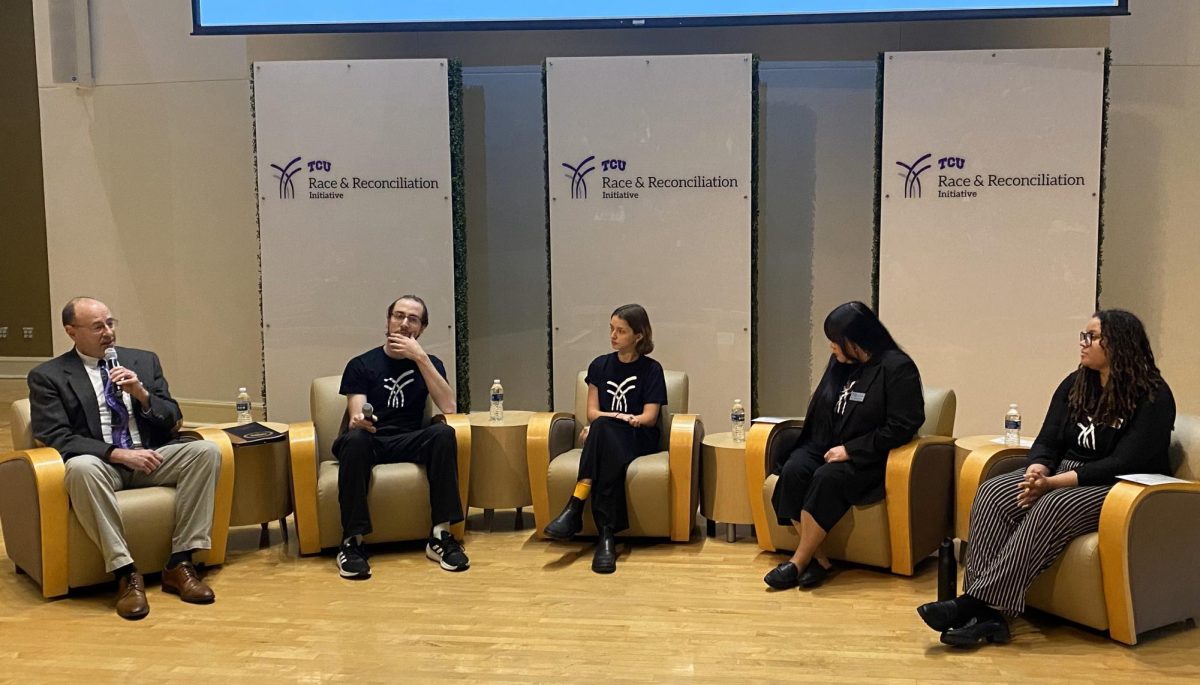It’s great when I’m able to get through to people. When I’m able to show someone that trade is actually a good thing or how the minimum wage can hurt the poor, I know I’ve made a difference.
It stills pains me, however, to read articles like the one in the Skiff Tuesday that begins with “The university bookstore showed its support for ethical business practices by beginning to offer products from a new clothing line committed to a humanitarian effort.”
In case you missed it, the bookstore is beginning to offer clothes that come from “non-sweatshop” factories.
I feel like I’ve written this article time after time after time, but I’ll say it again. Wages are determined by supply and demand. Anything higher than that is charity.
Take this for example. People in the Dominican Republic who make these clothes probably do not have many job opportunities, so the supply of labor is very high. This drives wages down.
There’s some good news, however. Obviously, this the best opportunity Dominicans have because they took the job. They were not forced into it like this article might suggest. In other words, a “sweatshop” job probably already pays more than another job would.
It gets even better. Because this job pays more, families are already getting a higher standard of living and sending their children to school. We didn’t need Alta Gracia to pay higher wages for this to happen. It probably was already happening.
We could even think about it this way: if wages were truly too low, not enough people would take the job, and eventually a competitor would offer higher wages to lure in employees. While the latter will eventually happen as the region becomes more prosperous due to the factories, it takes time for capitalism to work. Everyone, however, will be better off for it.
To be fair, paying a higher wage probably won’t destroy this from happening. It’s essentially a charity, though, because we are paying people more than what they should earn. Of course, I have no problem with charity. The only sad part is that charity only helps a few families. I’m willing to bet my wardrobe that Alta Gracia factories have families lining up to take the job because wages are so high.
They can only hire so many people, however. What do you tell the people to whom you can’t give a job? “Sorry, but these folks were here first, so sucks for you.”
The truth is, the way to help a developing country is investing there, just like all these “sweatshop, evil” companies do. This will create economic growth that will help everyone in the economy, not just a select few who get to the door first.
In the end, if you want to buy these so-called fair trade clothes, go ahead. Just understand that you are essentially being charitable, not fair (whatever that means). If you choose to buy regular clothes, feel good too. You’re contributing to the global market and helping raise a country up from developing status for all citizens.
Michael Lauck is a junior economics major from Houston.




